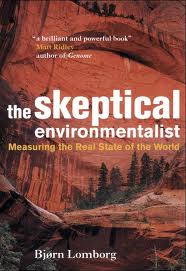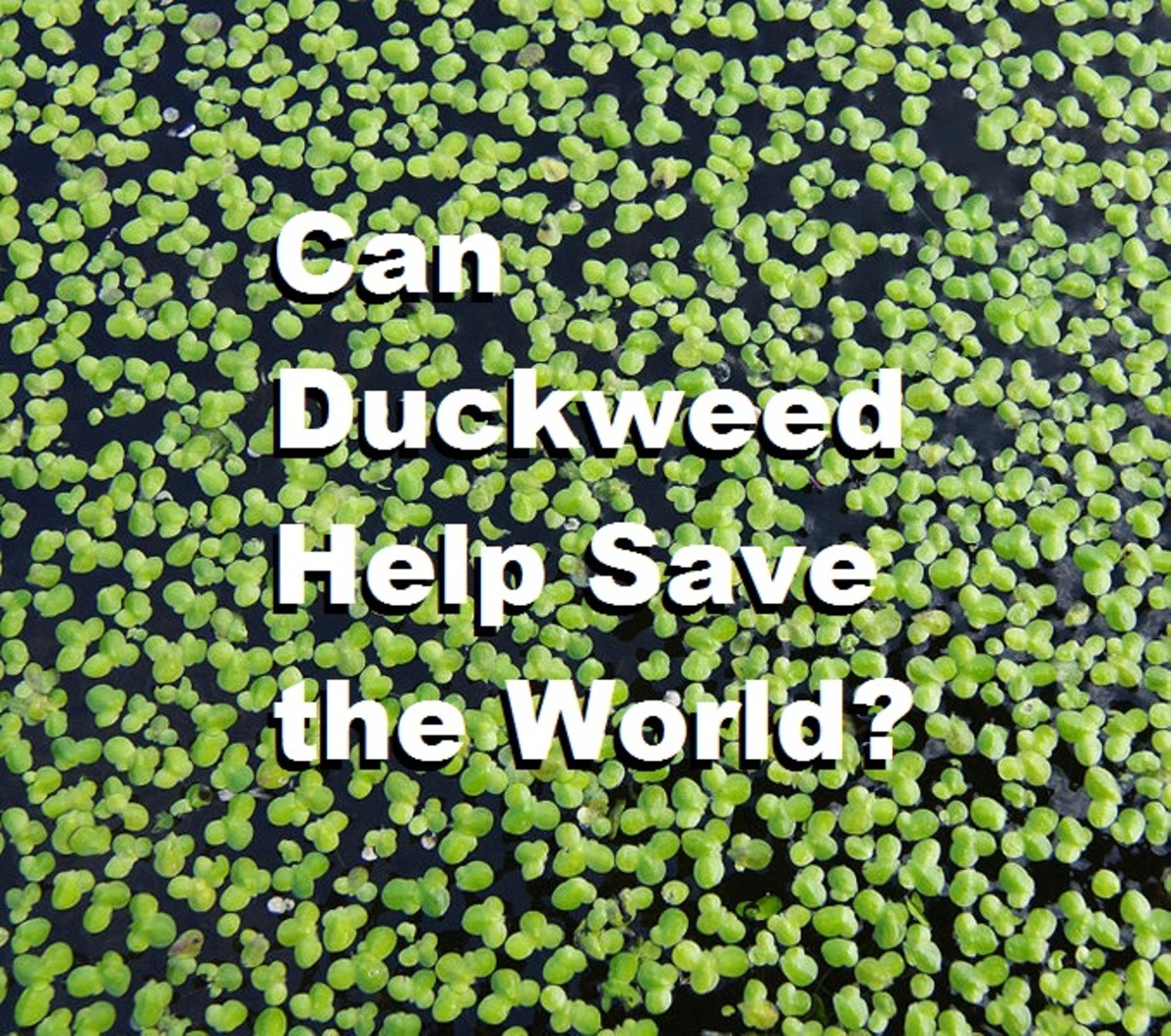The Skeptical Environmentalist
The real state of the world

Don't Panic!
It is ten years this year since one of my all-time favourite books was published in English by a Danish Academic named Bjorn Lomborg. Unlike most of the other books on my "top ten list", the Skeptical Environmentalist had no particular storyline or characters, but instead set out to try to dispel many of the myths which had been willingly propergated by those in the sciences of the environment for too long. At the time of its publication, I was a bright eyed A level student studying Environmental Science and Biology, and had no reasonable doubt from my lectures or the literature that the world was going to hell in a hand cart: Global warming was our biggest immediate threat, forests were being felled at an unprecedented rate, species lost with them and that a growing population meant that there would be no hope of feeding everybody within fifty years. So for me, even if I didn't swallow everything in the book, the Skeptical Environmentalist blew me away!
And why hadI never questioned such things before? I guess it was because of from whom the information was coming. For me at the time the conservationists in question were Davids standing up against the tyrannical Goliaths of the oil, timber and chemical industries, with little to gain from their stance. The Skeptical Environmentalist allowed me to see beyond this; that actually, a perpetuated misrepresentation of the situation can lead to healthy grants and a powerful standing in the politics of the day. Although he pulled up short of accusing such organisations and individuals of lying, Lomborg used evidence to disprove some of the more extreme claims from the green lobby.
The subtitle of the book "The Real State of the World" refers to the Worldwatch Institute's annual publication "State of the World", and Lomborg uses this as a basis from which he looks at environmental issues and uses statistics, data and the literature to paint a less alarming picture of what's really going on. Lomborg uses long-term data and trends to a much greater degree than the Worldwatch Institute who have used short term trends to back a particular stance.
Lomborg finds that human prosperity is increasing, disease is falling and that food will continue to be available well after the world's population hits its expected 9 billion. He rejects Thomas Malthus' theory that population growth will leave people hungry in ciming years and cites increased yields and improved agricultural methods as the reason as to why this isn't the case.
The parts of the Skeptical Environmentalist that I found most shockingly contrary to what I'd been lead to believe in my studies were thos connected to the ecological damage caused by humans to the planet. Lomborg finds that around 0.7% of all species are likely to become extinct by 2050; this is compared to the figure of 50% touted by some conservationists and conservation bodies. He also finds very little evidence for the kind of mass deforestation which is regularly taked about by environmental groups, and actually shows that the amount of the planet covered by forests is actually increasing - although I have a problem with this figure as it accounts for monocultural plantations as well a new growth forests.
Perhaps the most contreversial section of the book discusses manmade climate change. Lomborg recognises that climate change will be challenge for mankind in the future, but states that we're currently unable to do a lot about it. It seems obvious to him therefore, that other issues should be tackled first, and carbon emissions worried about when the technlogy exists to be a realistic alternative.
Below is a video of Bjorn Lomborg discussing global priorities, including climate change, and which we should focus on achieving first.
"Well, whatever, where's the harm in little white lies if it allows people to focus more time and energy on "saving the planet"?" This is a fairly consistent statement you will meet from people. Well, it has to do with where else that money and effort could be focused; a Bangladeshi having his house washed away by rising floodwaters in 2101 instead 2100 because of the implementation of the Kyoto treaty may well ask, "why didn't you just invest in anti-malarials and macronutrients to save my family instead?". The answer that developed countries gave would be an uncomfortable one.
There is a second and broader answer to this question of "where's the harm". We don't do science to make people feel good or to give easy answers, we do it to obtain the truth and use good data to act. If the science and data doesn't fit the litany, well then the litany is wrong and should be revised.
The Skeptical Environmentalist changed the way I consider the world not because it made me reject everything that I believed from my studies, but because it made me question everything. There are many points of the book I researched and arrived at different conclusions to Lomborg, but it stimulated that drive to ask questions. The message that I want you to take away from this post, and if you read it or have read it, this book is not that everything in the world is fine, but that you shouldn't believe everything people tell you. Even if the source telling you something seems innocent enough and has been reliable in the past, always act with an initial skepticism. The world would be a better place if we were all skeptics!
- Bjrn Lomborg | guardian.co.uk
Columns for the Guardian newspaper by Lomborg - Times profile of Lomborg
- http://www.lomborg.com/
Bjorn Lomborg's homepage containing more information about the author, his views and other works - The Skeptical Environmentalist - Wikipedia, the free encyclopedia
Overview of the Skeptical Environmentalist courtesy of Wikipedia. Mentions main themes and conclusions









